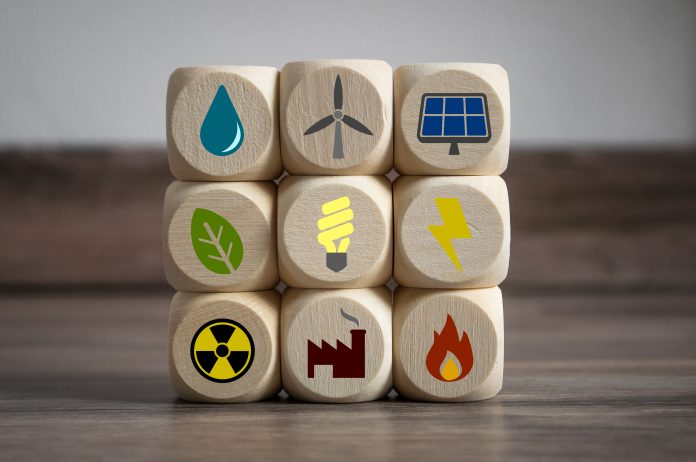Mauro Petriccione, Directorate-General for Climate Action at the European Commission, discusses how the EU and Japan are cooperating on innovation in the clean energy transition and climate action
Writing as not only the current Director-General for Climate Action but also as the former European Union (EU) chief negotiator of the Economic Partnership Agreement (EPA) with Japan, I am very positive about the statement of 15th June this year made by the EU and Japan. The EU and Japan agree to strengthen bilateral energy dialogues and cooperation on innovation in the clean energy transition and climate action, and this is an example of the EU’s continued efforts to ensure that fighting climate change is at the heart of our international cooperation.
The EU and Japan increasingly share a common understanding of the need to address the threat of climate change. A more coordinated approach between the EU and Japan would have benefits for all, as we defend multilateral solutions and promote sustainable, inclusive and climate-resilient economies to the benefit of our businesses and societies.
The EU and Japan are leading technological innovators and strengthened cooperation will create more opportunities for joint projects to advance the clean energy transition. When we share a common view of both the scale of the challenge, as well as the possible solutions, we are much better equipped to advocate for the actions that are vital to achieving our goals under the Paris Agreement.
Working together gives us a much stronger voice on the world stage in demanding ambitious reductions in greenhouse gas emissions and ensuring the protection of vital carbon sinks such as the Amazon Rainforest. This strengthens our credibility as global leaders and allows us to make the case for other international partners to do their part as well.
The importance of strengthening existing international cooperation cannot be underestimated. Major global challenges such as population growth, resource scarcity and food supply insecurity are all exacerbated by climate change. If we are to continue delivering economic growth and enable our citizens to enjoy high standards of living, we must ensure sustainability across all our economic activities and sectors around the world.
In a globalised economy, this means placing sustainability concerns at the heart of our own actions whilst encouraging our partners to do the same. As such, strengthened cooperation increases our ability to deliver on our commitments and ensure a more sustainable global economy that leaves no one behind.
Looking closer to home, after the EU had adopted all the legislation needed to achieve its ambitious 2030 climate and energy objectives, the European Commission in 2018 put forward a strategic vision for a prosperous, modern, competitive and climate-neutral economy – Communication ‘A Clean Planet for All’, which is the basis for European Commission calls for the EU to become climate-neutral by 2050. Achieving this ambitious goal requires making smart investment decisions now and ensuring that technological solutions are in place in good time to ensure dramatic reductions in greenhouse gas emissions over the coming decades. EU climate policy is a continuous process and the upcoming European Commission, building on all this, has already set out its course, re-affirming that the EU should endorse the objective of climate neutrality by 2050 and proposing to raise the ambition for 2030.
Taking these actions will benefit the EU in any case but acting alongside global partners like Japan in a coordinated way will bring economies of scale and significantly reduce the costs of the transition for all. More importantly, it will make it easier and more likely for other nations to deliver their share of reductions in global greenhouse gas emissions, which is indispensable to limiting global temperature rise to 1.5°C.











